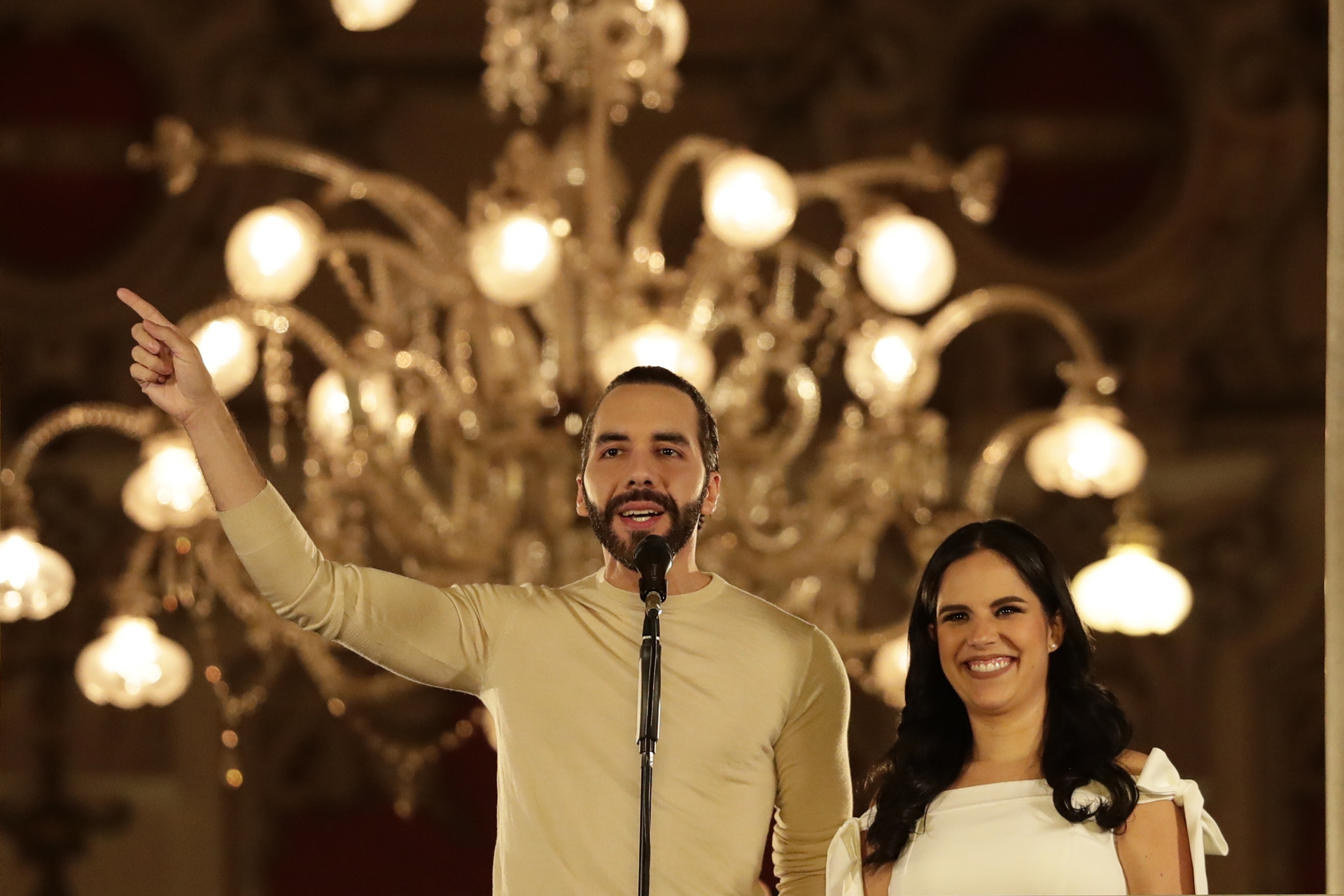
By Luis De Jesus
04 Feb 2024, 23:18 PM EST
In El Salvador’s presidential election, incumbent President Nayib Bukele won a decisive victory under the Nuevas Ideas party with 1,090,522 votes, according to preliminary results. He far surpassed his closest competitors, the leftist Farabundo Martí National Liberation Front with 93,846 votes, and the right-wing Nationalist Republican Alliance (Arena) with 81,102 votes.
These data, disclosed by the Supreme Electoral Tribunal, are subject to final validation, indicated the Efe news agency. Bukele’s victory indicates strong public support for his re-election bid, despite constant complaints from his opponents that his re-election is unconstitutional.
“With more than 85% of the votes”
Before the first preliminary results began to be known, President Nayib Bukele declared himself the winner of this Sunday’s elections and proclaimed a victory with “more than 85%” of the votes, as published on social networks. A statement that he later made in front of a crowd that gathered around the Government Palace.

“This day El Salvador has broken all the records of all democracies in the entire history of the world. In all of history, since democracy has existed, never has a project won with the number of votes that we have won today. It is literally the highest percentage in all of history, it is the highest difference between first and second place in all of history,” he stated.
According to Bukele’s data, his Nuevas Ideas party won the presidential election with more than 85% of the votes, while it obtained 58 of 60 deputies in the Legislative Assembly.
“Not only did we win the presidency of the Republic for the second time, with more than 85% of the votes, but we have won the Legislative Assembly with at least 58 out of 60 deputies. It is possible that it is more. It would be the first time in a country that there is a single party in a fully democratic system. “The entire opposition together was pulverized,” said the president.
Nayib Bukele needed to retain the parliamentary majority that he achieved two years ago and that allowed him to declare a state of emergency on March 27, 2022, facilitating his approach to combating gangs and public insecurity.
Under that regime, 76,000 people have been arrested, often without due process or respect for their fundamental rights, according to complaints from activists and international human rights organizations.

Keep reading:
• El Salvador: opposition asked not to recognize a second term for Nayib Bukele as “unconstitutional”
• President of Guatemala believes that in Ecuador there is a “fatal combination” between corruption and crime
• Jon Lee Anderson: Trumpist populism already has clones: Nayib Bukele and Javier Milei
